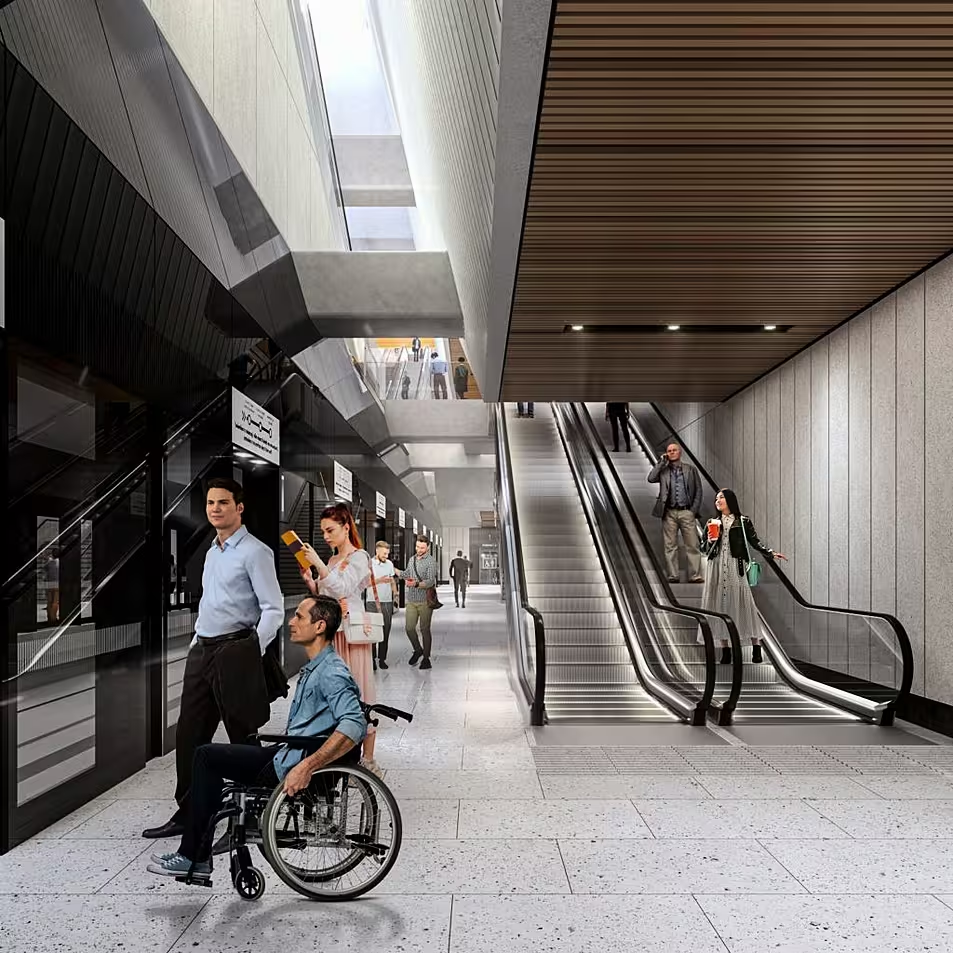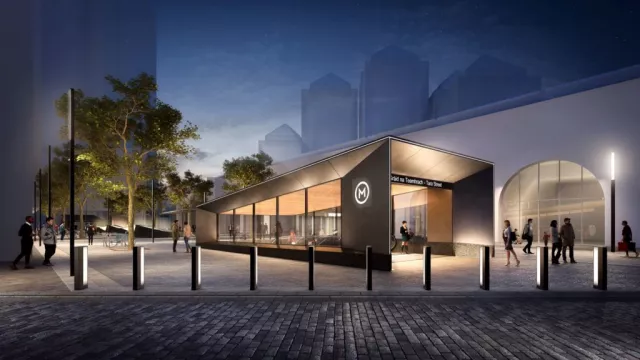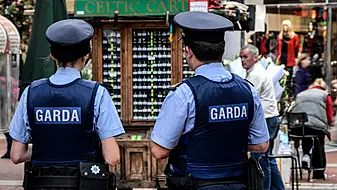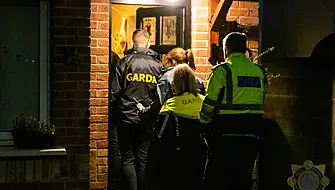Updated: 2.45pm
The MetroLink rail service connecting Swords and Dublin Airport to Dublin city centre could in a worst-case scenario cost up to €23 billion, Leo Varadkar has said.
MetroLink will consist of a fully segregated railway, most of which will be underground, running from north of Swords to Charlemont in the south of Dublin city centre.
The route will include 16 stations and serve residential communities in north Dublin, such as Swords, Ballymun and Glasnevin, as well as the city centre and Dublin Airport.
When operations commence, there will be trains every three minutes during peak periods. This can rise to a service every 90 seconds by 2060 with the system capable of carrying up to 20,000 passengers per hour in each direction. It will be a fully automated system, with a capacity of 20 trains operating per hour each way when it opens.
Minister for Transport Eamon Ryan secured Cabinet approval on Monday to move forward with the "public transport megaproject", with a planning application going to An Bord Pleanála in September.
Construction of the project is expected to begin in 2025. Officials have labelled the new railway as a "transformative" piece of new public transport infrastructure and the first of its kind in Ireland.

Tánaiste Leo Varadkar admitted there was an “extreme case” scenario for MetroLink costing €23 billion, but it was unlikely to ever reach that.
Speaking on Newstalk radio on Tuesday, Mr Varadkar said MetroLink was a long overdue project that will help transform public transport and improve air quality.
However, he acknowledged it was going to be expensive. The current estimate for the project budget is €9.5 billion, the midpoint scenario of an indicative cost range between €7.16 billion and €12.25 billion. “That could go up, and at the same time it could go down,” Mr Varadkar said.
Approximately 75 per cent of the cost during the construction phase will be paid for by the exchequer and 25 per cent financed by a public-private partnership. A more exact cost will be known following planning permission and the procurement process.
A Government analysis said MetroLink will deliver €13.7 billion in benefits to the Irish economy and society over 60 years.

Ireland remains one of the few countries in Europe without a metro in its biggest city or a rail connection to its main international airport.
Announcing the decision, Eamon Ryan said MetroLink was a "once in a generation project" to transform public transport in the capital city.

"We are giving the green light to a transport system that will be integral to the city and the country’s sustainable development in this century, and into the next," he said.
"Over 175,000 people and 250,000 jobs will be accessible to the stations by foot alone. By interchanging with other public transport systems such as Dart and Luas, MetroLink connects to more than a million people in the Dublin area, and more across Ireland."
Mr Ryan added: "I’m delighted that the Government has agreed with my recommendation to proceed with the project, and I look forward to it entering the statutory planning stage this September."
Anne Graham, chief executive of the National Transport Authority, said it was an "important day" for public transport in Ireland.
"MetroLink is about providing a frequent, reliable, sustainable alternative as part of an integrated system, so that we can encourage more people to get out of their cars and on to public transport," she said.
'Timely fashion'
Later, Minister for Transport Eamon Ryan said that details of the business case for the MetroLink will be published "in a very timely fashion" in the coming days.
Speaking on RTÉ Radio’s News at One, Mr Ryan rejected a suggestion that there had been a deliberate delay in publishing the business case on the same day as the launch of the plan.
He explained the estimated cost of €9.5 billion was based on expert analysis and included allowances for inflation and risk. If the proposed driverless, electric link were built today, it would cost €5.8 billion, he said.
Responding to comments made earlier on Tuesday by the Tánaister, Mr Ryan said the €23 billion figure was an "utterly extreme", adding: "We won’t end up paying that."
He said the figure had been included in the business case for "illustrative purposes", but it was "far more likely" the cost will amount to around €9.5 billion, as had been determined by considerable research.
"It’s not cheap, but it will be of real value," the Minister said, adding that the business case had concluded the benefits of the project exceeded the cost by 1.4.







